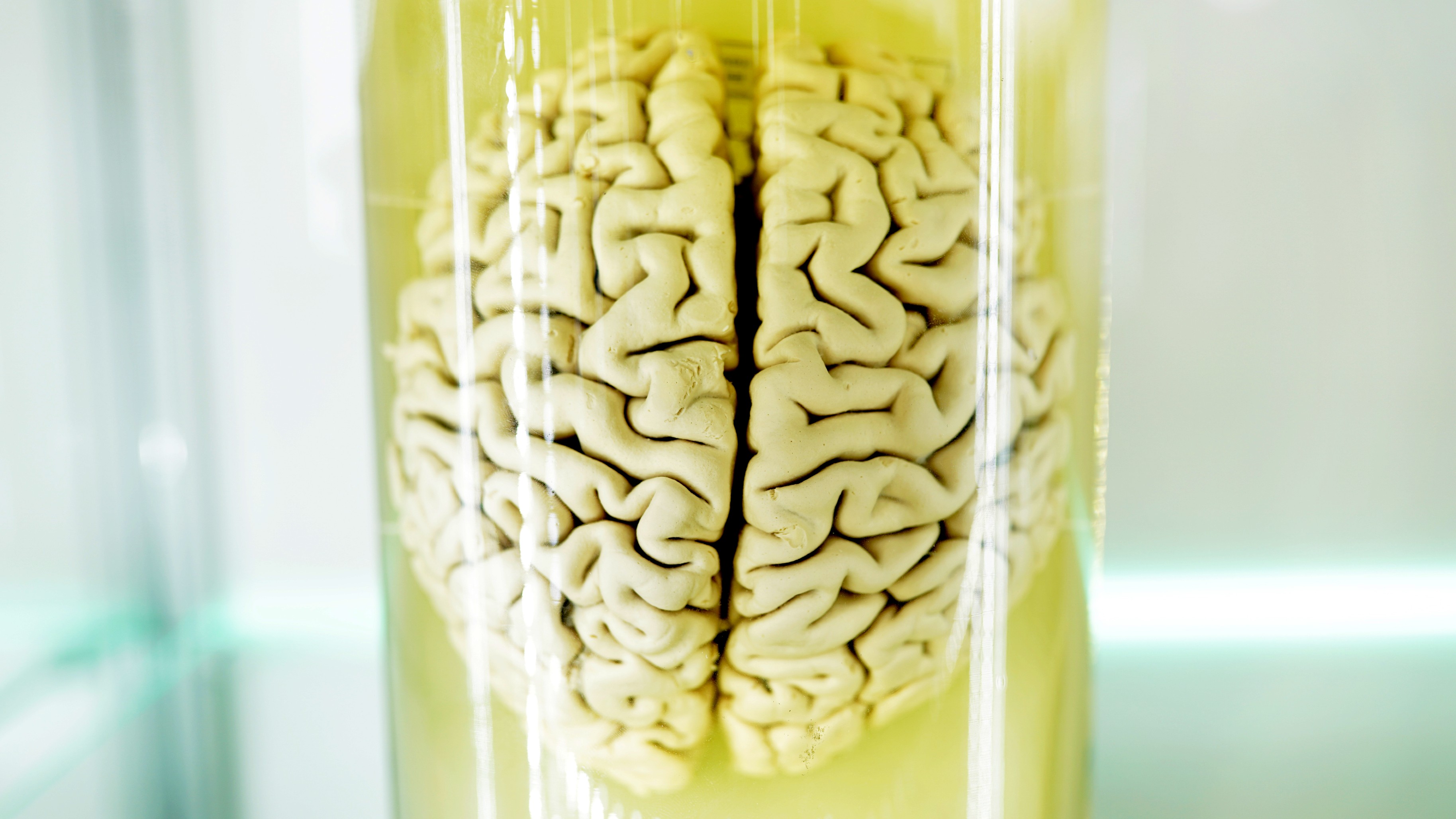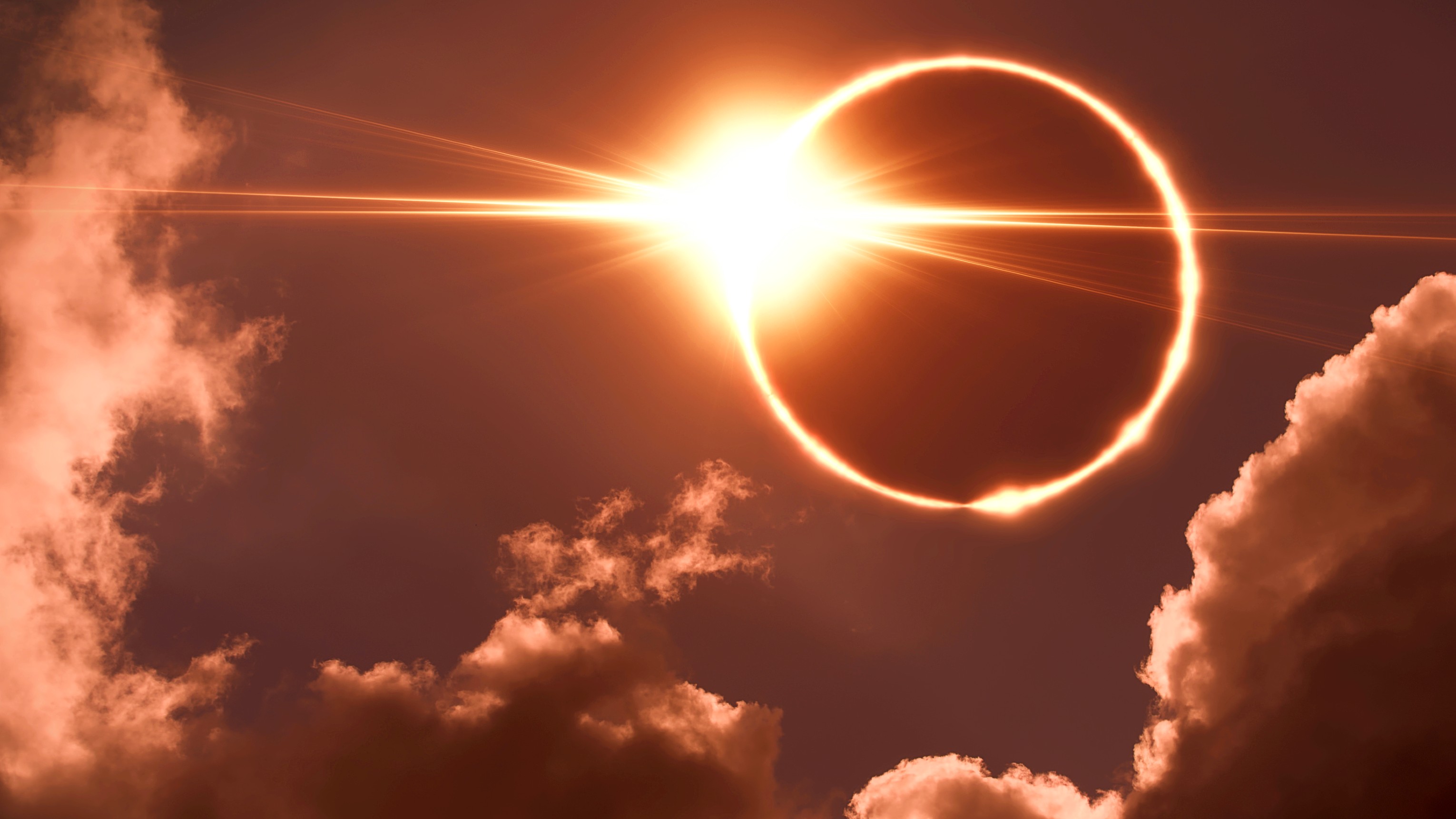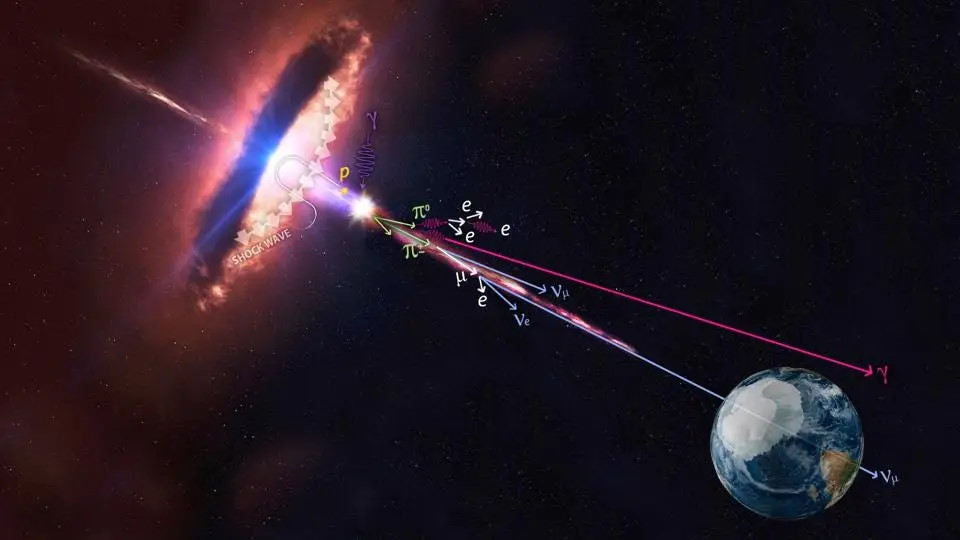We Ignore the Science of Risk Perception AT OUR PERIL!

Majorities around the world believe that the climate of the earth is changing, that human activity is contributing to those changes, that the changes are happening so fast they could do really serious damage to environmental AND human health…and yet most people don’t really care. As a result, we’re not doing a lot of the things that vast majorities of scientists suggest we ought to be doing to reduce the risk, or at least to adapt to the dangers that climate change will, or is already starting to, cause. Which means that the risk of climate change itself is much worse not because of human activity, but INactivity…and the root cause of that is the nature of how we perceive risk in the first place.
To be fair, a health minority in many places deny climate change and actively resist action, but this outright denial is tightly tangled in ideological roots, so the psychology of that denial is unique and, as I’ve written needs to treated with respect, to avoid further polarization and ideological warfare over the facts (Cool Dudes, Hot Temps, the Climate Change Battle will Get us Nowhere ). But what about the majorities who say the huge threat of climate change is real, and yet have so little actual concern? That just seems, well, dumb, right?
Well….not really. Such blasé concern may seem to fly in the face of the evidence, but it’s understandable given the way humans perceive risk…a process that is based both on the evidence and how that evidence FEELS to us. And with the risk of climate change, one of the key feelings factors that allows us to be blasé is that climate change doesn’t feel like it’s something that’s going to do seriously bad stuff to US! Polars bears, maybe, and those poor people somewhere else maybe, and yeah, maybe the millions who live on the coast. But can YOU name one way that climate change is going to SERIOUSLY NEGATIVELY impact YOU in, say, the next ten years? Even the most ardent believers in climate change and the most strident advocates for action, usually can’t!
So, why care? Fair question, right? On the list of things to worry about, it makes perfect sense to worry more about what could happen to YOU, and SOON, rather than what threatens OTHERS, or doesn’t threaten you until LATER. This is true not only of climate change, but any risk. HIV/AIDS doesn’t scare people who don’t engage in behaviors that put them at risk. Breast cancer is less frightening to men. Prostate cancer is less scary to women, or men in their 20’s and 30’s.
The problem with climate change is, adding more and more greenhouse gasses to the atmosphere now, which will keep catching some of the sun’s heat for hundreds or thousands of years, (this is high school chemistry, deniers, truly basic science), means that today’s emissions WILL have a SERIOUS NEGATIVEimpact on YOU, or your family, or community, or nation, somehow, sooner or later. The long term global climate, after all, is the driver of short term local weather. Think about the ways more frequent severe weather events where you live could impact your life. That’s actually getting easier to do in reality rather than in the abstract. Just this week the Intergovernmental Panel on Climate Change issued another report that finds with high confidence that climate change is part of why more severe weather events are becoming more common everywhere around the world. (That’s the unanimous view of 220 authors from 62 countries, and reflects input from 18,611 reviewers.)
Short term weather is NOT long term climate. Environmentalists are full of hot air when they claim one warm winter indicates global warming. Deniers suffer brain freeze when the say freezing temperatures and snow refute global warming. But the long term trend of increasingly frequent severe weather events is sobering evidence that yes, climate change is becoming a risk NOW, and to YOU.
Many advocates for action on climate change say the problem with a blasé public can be solved through better communication; clearer, simpler messages, or playing to people’s emotions, like warning them about the world their kids will live in (any risk to kids usually provokes more worry.) Yes, better communication can help, but only a little, because human risk perception, as subjective and instinctive and emotional as it may be, is pretty good at figuring out what threatens YOU, NOW. Our mental risk detection system hasn’t worked all that well so far to get us worked up about the threat of climate change. But more frequently violent weather and droughts and wildfires and rising food prices and actual coastal flooding, and other forms of REAL harms NOW….far more than clear simple emotionally appealing messages…may finally be enough to worry us, like the frog that is slowly boiled, that the pot we’ve been sitting in has been slowly getting warmer and it’s now getting hot enough that we ought to think about jumping out.
But even those alarms are only just beginning to go off. We’re mostly just going about business as usual, intellectually ready to tell pollsters that climate change is real and something needs to be done, but emotionally not worried enough to actually do it. Physical sciences have been brilliantly employed to figure out how human activity is changing the climate and putting us at risk. We need to pay way more heed to what social science tells us about why human INactivity is making the risk much worse.





